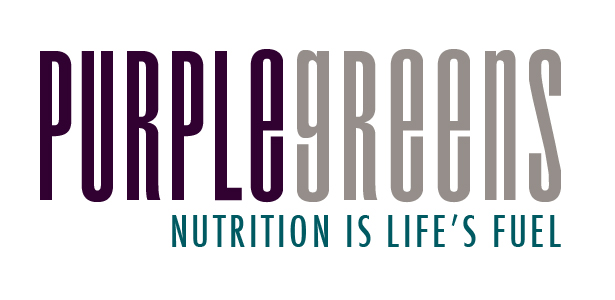There seems to be some confusion on what is meant by ‘sugar’, especially as it relates to low-sugar diets. So to clear the air, let’s define the two main types of sugars, refined sugar and what I call natural sugar. Refined sugar refers to sugar that is processed from sugar cane or sugar beets. Natural sugar from mother nature comes from fruits, vegetables, nuts, seeds, and dairy. Our digestive system handles both refined sugar and natural sugar similarly by breaking down the sugar into glucose.
One of the most significant differences between the sugars is that refined sugar contains no nutritional value, whereas fruits, vegetables, nuts, and seeds provide fiber, vitamins, and minerals. The fiber in fruits, vegetables, seeds, and nuts, is bound to the natural sugar allowing a slow release of the glucose and absorption into our blood and cells. On the other hand, refined sugar gives a jolt to our system, causing mass chaos.
Consumption of refined sugar results in a rush of insulin to be released. Insulin provides the signals to the glucose transporters on our cells to open up and allow in the flux of sugar, causing the sugar to be quickly swept away from the blood into the cells. This can lead to low blood sugar depending on the amount of refined sugar consumed and your reaction and sensitivity of insulin to the sugar. For most, the outcome is a crash and burn anywhere between 15 minutes to an hour later.
As a refresher, the suggested amount of refined sugar (not natural sugar) recommended by the American Heart Association is small -- 6 teaspoons for females and 9 teaspoons for males. Let’s put this into perspective. A typical 12-ounce soda contains anywhere from 9 to 12 tsp of sugar and hold on to your seat; a big gulp contains about 32 tsp of sugar. That’s about 4 to 5 times more than your recommended daily allowance. Wow, that amount of sugar could definitely cause some chaos in our systems.
Contact us to learn tips on how to lower your sugar intake!

